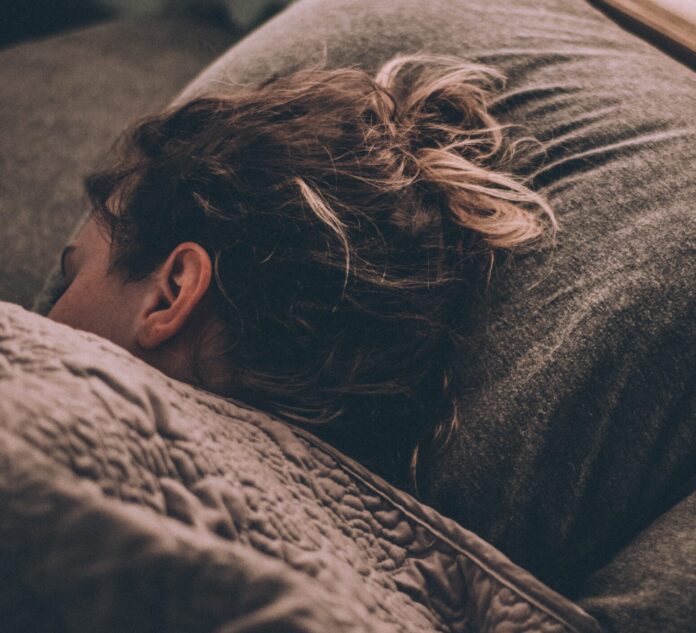
You may have blue eyes from your father, or curly hair from your mom. Or perhaps you’re a good dancer like your aunt. Genetic traits are passed down all the time, but did you know that sleep is one of them?
There are a few genes involved in regulating sleep. Scientists have identified a gene called PER3 that affects how long people tend to sleep, while DEC2 has been linked to people who naturally need less sleep than others.
The ways these present in individuals vary. For some, it might mean that they have trouble falling asleep. For others, it could be that they struggle to fall asleep. And don’t forget about the whole “early bird” versus “night owl” debacle.
But just because genetics plays a role in our sleep habits doesn’t mean that we’re stuck with them forever. There are plenty of ways to change our sleep habits and improve the quality of our rest.
For starters, it’s important to establish a consistent sleep routine. Going to bed and waking up at the same time each day can help regulate your body’s natural sleep-wake cycle.
You may have heard this a million times before, but avoid caffeine and alcohol before bed. Create a comfortable sleep environment and practice relaxation techniques like deep breathing or meditation.
And if you’re still having trouble, there are plenty of over-the-counter and prescription sleep aids available to help you get the rest you deserve.


